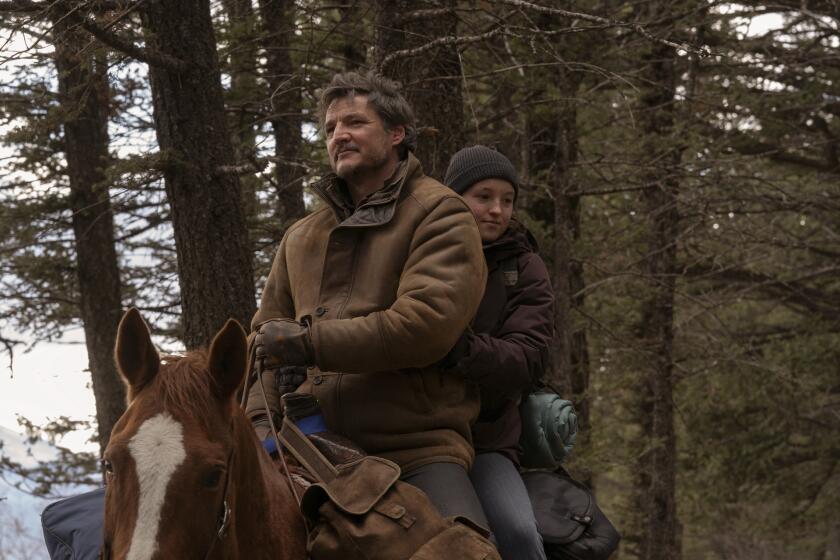Facing Up to a Journalistic Sin
- Share via
One month ago, Cable News Network’s launching of a new TV newsmagazine, in conjunction with Time magazine, featured a much-hyped story alleging that U.S. commandos had used the deadly nerve gas sarin in Laos in 1970 on a mission to kill American defectors from the Vietnam War. The outcry prompted by these sensational charges led CNN to order an independent investigation of how its story was put together and whether there was sufficient evidence to support its findings. The central conclusion of that study, conducted by Floyd Abrams, a noted 1st Amendment lawyer, is that the story was deeply flawed and should not have run. CNN has now retracted the story and apologized for its mistake. Time, which like CNN is owned by Time Warner Inc., has issued a similar retraction.
CNN says its internal system of journalistic checks broke down. That was evident from the moment the first teasers for the story were released. Sarin is a deadly nerve agent; a single drop on the skin can kill. That being widely known, someone at CNN should have questioned the assertion that the commandos on the Laos raid were able to protect themselves just by putting on gas masks. The ambiguity of much of the supposed evidence cited in the story should have raised other warning flags. The Abrams study found that a number of crucial statements used in support of the story’s claims were distorted by editing. Worse, interviews that contradicted the story’s key points simply were not used.
This has not been a banner year for American journalistic credibility. An associate editor at the New Republic was fired for phonying up more than a score of stories. A Boston Globe columnist resigned after admitting she had fabricated sources and quotations. As embarrassing and disturbing as these incidents have been, it’s worth keeping in mind that in each case the deceptions, once discovered, were quickly acknowledged. CNN was negligent for letting the sarin story run, but it deserves credit for commissioning the Abrams critique, acknowledging its blunder and moving swiftly to tighten its internal editing controls.
Some mistakes are all but unavoidable in gathering and reporting news. That risk does not diminish the essential mandate of good journalism: to search for facts diligently and fearlessly, never with the aim of supporting a thesis but always with the paramount responsibility to inform the public of what it has the right and the civic need to know.
More to Read
The biggest entertainment stories
Get our big stories about Hollywood, film, television, music, arts, culture and more right in your inbox as soon as they publish.
You may occasionally receive promotional content from the Los Angeles Times.










